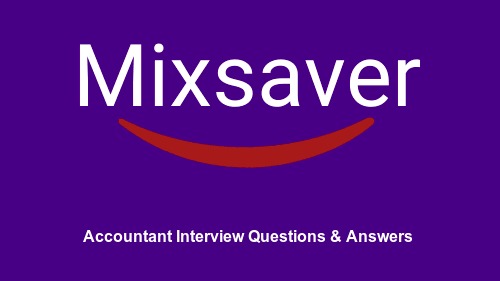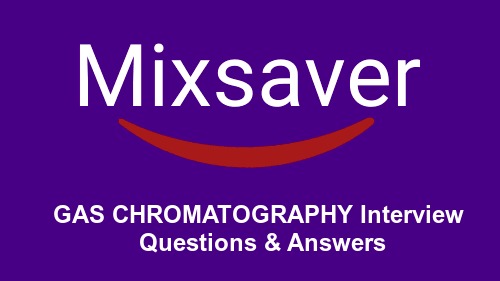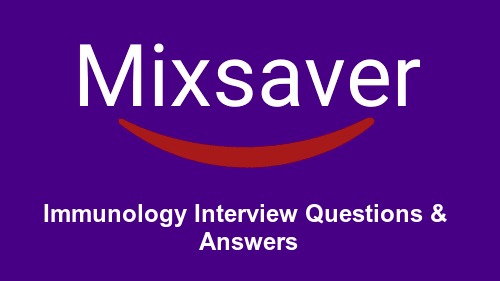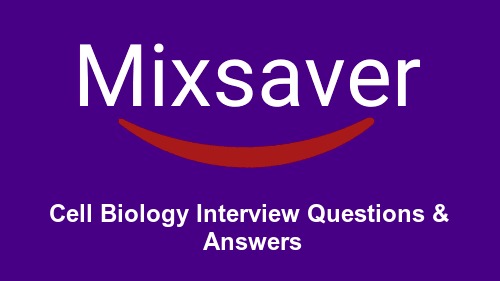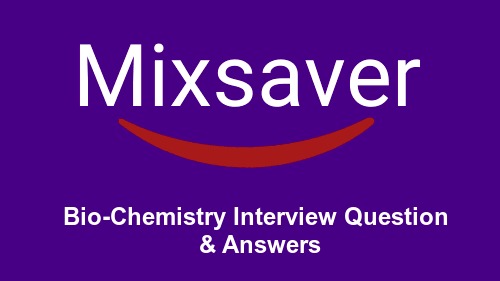1. Tell me about your qualifications. Are you familiar with economic and business principles necessary for effective accounting?
You can tell about your experience in analyzing current and future business operations, costs, trends, and revenues. You may speak about giving advice in these and other areas, such as budget forecasts, and developing solutions to financial problems in general.
2. What knowledge do you have in relevant government laws and state regulations?
You can mention experience with taxes (taxes owed and tax return) and relevant government regulations, your work with the tax authorities and Internal Revenue Service, and any experience with government record keeping.
3. Are you qualified (and experienced) in analytical and logical thinking?
This is best answered with examples of specific relevant responsibilities: analysis of business operations, financial advice based on projections of current and future revenues and expenses, specific problems solved, analysis and development of budgets, etc.
4. What experience do you have working in a computerized environment?
Describe tasks done with applications like Microsoft Office, as well as services like client support and representation through the internet, online research and communication with colleagues, development and documentation of accounting and record-keeping systems, etc.
5. Are you able to compile and interpret accounting data and reports?
Talk about any reports and data analyses that you have done, including financial analyses and reports, evaluation, inventorying, reports on equipment and real estate, documentation of accounting systems, management of account tables and entries, etc.
6. Tell me about your people skills: can you maintain a healthy relationship with colleagues and clients alike?
You can describe anything that has to do with client service or cooperation at work: team projects, team problem solving, client representation and support, auditing services, etc.
7. How efficiently do you manage stress? Can you maintain attention to detail and efficiency working past normal hours with unusual work loads?
Be specific here. Mention projects which were difficult or had to be completed in little time, or urgent problems you solved effectively. If you don’t have an example from your professional life, you can mention situations from your personal or public life which demonstrate efficiency under pressure.
8. Why Do You Want To Be An Accountant?
Just saying that accountancy offers professional qualifications that pave way for a wide variety of opportunities in business is a good answer. You can also say that you hold the capability of bringing about a change as accountancy is a fast changing profession.
9. What Qualities, Do You Think, Make A Good Accountant?
The qualities for a good accountant are largely similar to those of any good employee. While you include determination and self-discipline, you must also focus on you key deliverables. Mention that you are a team player and possess strong analytical skills along with saying that you are keenly interested in auditing/accounting. Also, don’t forget to highlight the various accounting softwares that you are familiar with.
10. Why Have You Applied To Our Firm?
The interviewer expects you to do some research about the company and go for the interview. Facts worth mentioning in an answer to this question would include availability of opportunities, offices in various cities and the general mood of the market towards the firm – an accounting organisation is always referred to as a firm and not a company.
11. Describe A Recent Tough Financial Analysis Problem You Faced On The Job
Explain a recent situation and how you were able to identify key issues and detect problems from relevant information and how exactly did you go about managing the case. Include all the skills that you put to use to get through the situation and also mention the alternatives that you considered – don’t forget to explain as to why did you choose a particular alternative over others. Be specific while answering this question instead of narrating a story.
12. Explain The Relationship Between Cost Accounting, Financial Accounting And Managerial Accounting
Ahh…the magic of basics! You can run, you can hide but you cannot escape this question in an accounting interview – even if you are the biggest player in your present firm. This question checks your familiarity with the basics so, brush up your knowledge – even the high school level – before you go for any interview at all. The best way to answer this question would be to frame the definition of each term and then explain the relationships – this will not only show your subject knowledge but also give a preview of how efficiently can you apply knowledge to practical situations
13. Explain The Accounts Payable Cycle.
Basics again! This question, more than checking your knowledge, checks the validity of your work experience. Be to the point and demonstrate the cycle followed by your current firm along with the other possible variations.
14. What Do You Understand By Bank Reconciliation Statement?
Explain at the beginning, in a layman’s language as here the interviewer is trying to check how much you remember what you had studied in your early days. Start with settling the differences between bank pass-books and bank ledgers and then graduate to more complex details without boring the interviewer with too much information.
15. Give an example of how you took the initiative to create a positive change.
Explain what you did, what changed as a result, and how the change benefited the organization. Refer to skills you used in the change process, such as leadership, problem solving, and communication. Accounting is a dynamic profession; employers hire people who can manage change.
